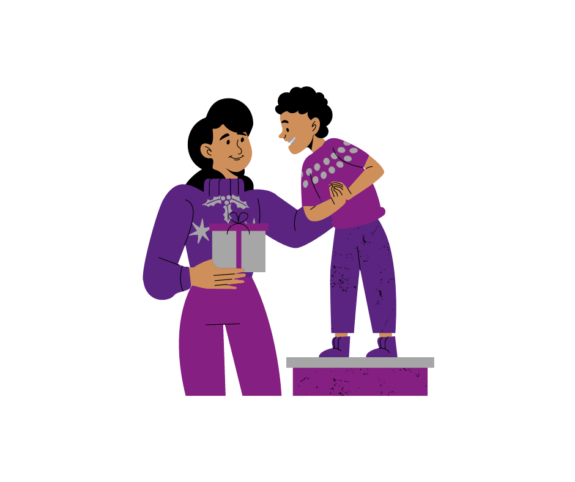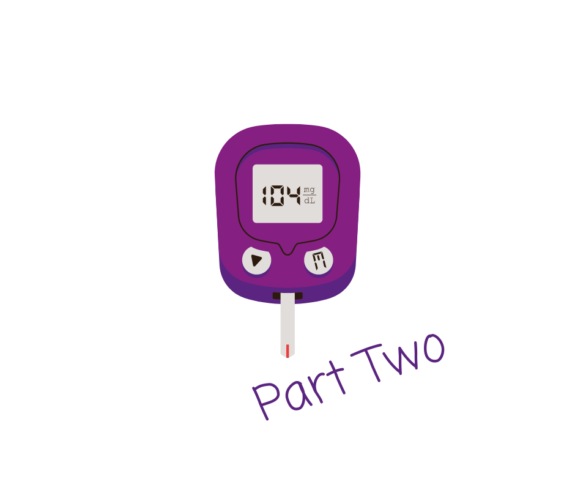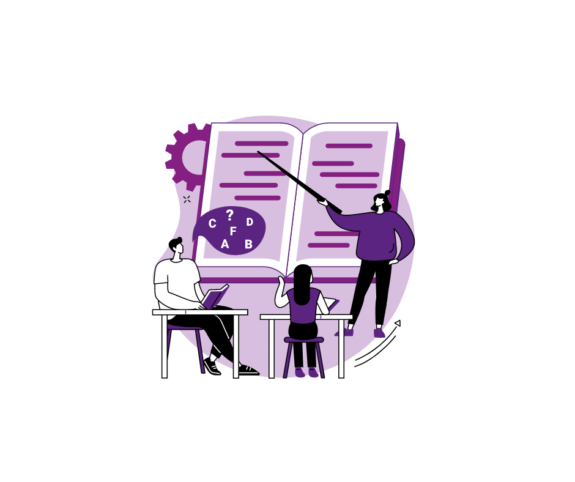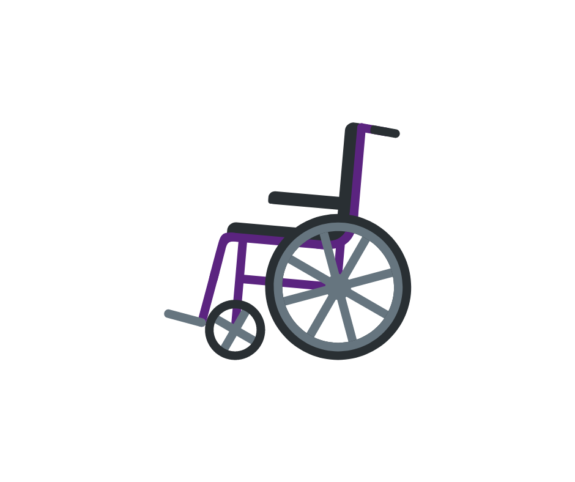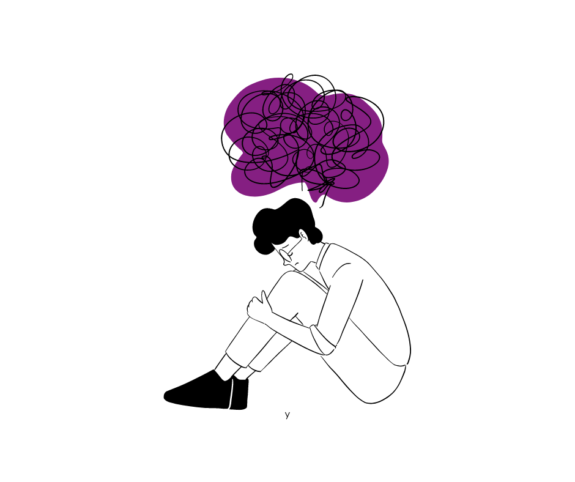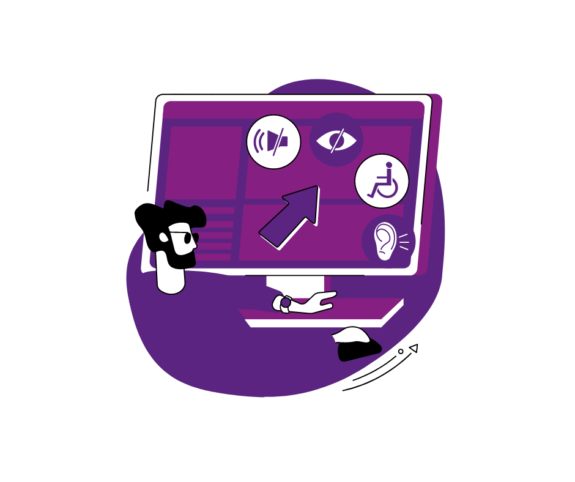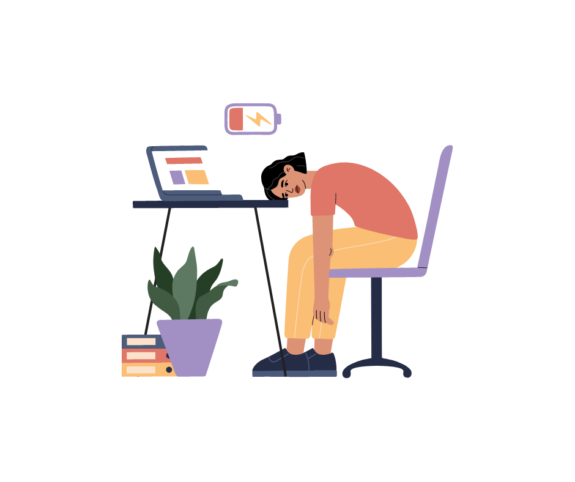Ahh, Christmas. A time for family, gifts, wine and lots of general merriment (yes, we said merriment and we meant it!). Generally advertised as being the happiest time of the year, seeing the bright lights and decorations everywhere can make us feel like little kids again, excited for the familiar feelings of joy and happiness that it brings. However, this isn’t the case for everyone.
For autistic people, Christmas can be an extremely daunting and overwhelming time. Familiar routines are disrupted, there’s constant noise, flashing lights and bright decorations everywhere and all of this change can cause extreme stress and anxiety.
Societal expectations of how things should be and how people should behave at Christmas are stifling and unhelpful for autistic people and really, should be thrown out of the window altogether. We’re all different and expecting someone to behave in a certain way just because of a particular time of year is ridiculous, especially if making them adhere to socially prescribed rules is going to cause them distress. Christmas is meant to be a happy time of year, not something to be dreaded.
As it’s not always easy to understand the complexities and difficulties that autistic people have around Christmas, we’ve put together a list of some of the things that they struggle with, along with a few tips for how you can help minimise the impact and try to make it all a bit less stressful and a little bit more enjoyable.
Decorations
Having decorations up in your home or office around Christmas tends to be hit or miss. Some people love them and some people hate them and in this sense, it’s somewhat similar with autistic people, although for them it goes a lot deeper than a simple dislike.
Many autistic people have sensory issues relating to sound, light and touch and these will differ from person to person. For some, the flashing lights and garish colours will all be a bit too much and cause sensory overload, whereas others will have fewer issues with them.
If you’re having a party or having friends over and you have a lot of decorations up, try and be aware that people with autism may find your house an uncomfortable place to be in. If possible, you could take some photographs so the autistic guest has an idea of what they’ll be walking into beforehand. If you’re aware of any particularly triggering items for your guests, removing them for the duration could go a long way to ease some of their discomforts.
Presents
Not everyone loves receiving presents and for autistic people, it can be a bit of a nightmare. The worry of not knowing what it is and not knowing how to respond to the gift-giver, particularly if it’s something that isn’t wanted (and let’s face it, we’ve all had some dodgy gifts in the past) can cause severe anxiety. Even the wrapping paper can cause distress as the bright colours or crinkling of the paper can be too much, and as with the decorations, create sensory overload.
If you’re getting a gift for someone who is autistic, you could ask friends and family if there’s anything specific they would like and if it should be packaged in a particular way. For example, plain brown paper or no paper at all might be preferred, or if they like unwrapping gifts but get anxious when they don’t know what it is, you could put a picture of what’s inside to ease their mind.
Also, don’t be offended if they don’t say thank you or show gratitude in a socially-expected manner. They’re not trying to be rude, they just feel and show that they’re grateful differently.
Social Gatherings
Visiting family and friends is one of those things that is somewhat expected at Christmas, but for someone with autism, it can be a bit like running the gauntlet on Total Wipeout. There’s always something or someone coming at you, people wanting to make small talk (or even worse, wanting to hug you), flashing lights and Christmas trees all over the place and traditional party foods that most people wouldn’t think twice about, but for an autistic person can be a sensory minefield.
With endless visits to different places, there’s very little chance for an autistic person to recharge so be patient with them if, by the time they get to your house, they’ve simply had enough. While it may not always be practical, if you’re able to offer them a small, safe space away from all of the noise and bustle that they can escape to, it could be extremely welcome. Ask their family and friends (or them, if they’re an adult and able to tell you) if there are any particular foods that they like and have some available if they want it.
Lots of physical contacts is generally expected, particularly at Christmas, but be aware that an autistic person may not like being touched. Ask permission before you go diving in for that hug and if they say no, then back off.
Public Places
Autistic adults and older children have had time to learn coping techniques for difficult or unexpected situations and are often able to apply those, but younger children haven’t so don’t assume that the child having a meltdown in a shop is badly behaved; they could simply be completely overwhelmed and don’t know how to express it.
Christmas shopping can be exhausting for those of us who aren’t autistic what with all of the lights, decorations, music and crowds of people in the streets, so imagine how much more difficult it must be when your brain is wired a bit differently.
Above all, remember that Christmas is different for everybody. Just as we all have different reactions to things, so do autistic people. There are some who hate decorations and presents and some who love them. While many find it difficult to be in social situations, there are some who enjoy it. Assume nothing, ask questions if you need to but most of all, be open-minded, flexible and compassionate. Everyone deserves to have Christmas be as stress-free as possible and if we take the time to be considerate of others needs, there’s no reason why it shouldn’t be.
If you’d like to know a bit more or are worried about navigating Christmas with autism this year, check out some of these resources for more information:
https://www.autism.org.uk/advice-and-guidance/professional-practice/christmas-resources
https://www.autism.org.uk/advice-and-guidance/topics/leisure/christmas/tips
https://www.youtube.com/watch?v=7wRO3Yr7vMo&t=2s
https://autisticnotweird.com/christmas/
https://autismawarenesscentre.com/christmas-with-autism-hold-the-expectations/
https://autisticandunapologetic.com/2017/12/23/5-tips-for-creating-an-autism-friendly-christmas/
https://autisticmama.com/autism-friendly-christmas/
https://www.elitedaily.com/life/culture/emotional-stages-of-christmas/888862
https://www.linkedin.com/pulse/very-merry-autistic-christmas-dave-russell/
